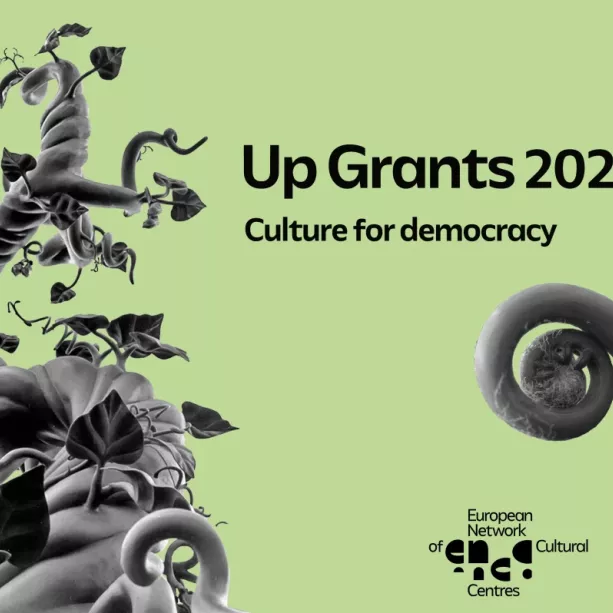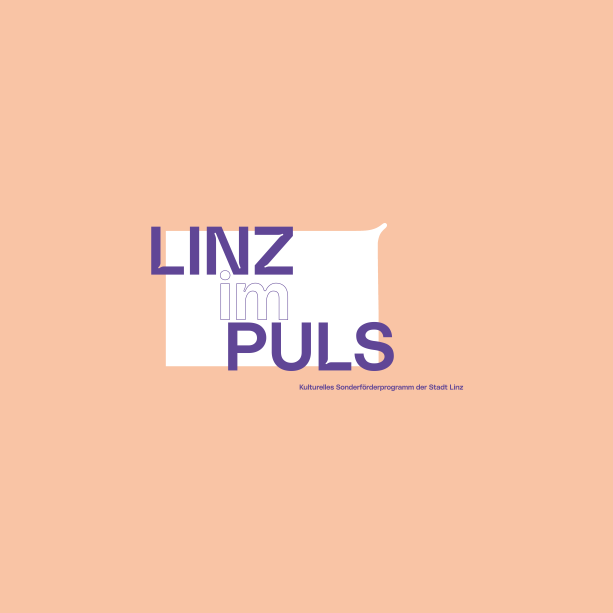In den vergangenen 30 Jahren haben sich europaweit zahlreiche Netzwerke mit dem Ziel gebildet, im Kulturbereich verstärkt zusammenzuarbeiten. Sie bestehen in allen Sparten der Kunst und Kultur. Netzwerke sind Mitgliedsorganisationen, sie vertreten gemeinsame Interessen, tauschen sich im jeweiligen Fachbereich aus und bauen Kompetenzen auf. Sie erstellen Analysen zur europäischen Kulturpolitik und unterstützen deren Entwicklung.
Unterstützt werden rd. 30 Netzwerke in allen Kunst- und Kultursparten.
- Vernetzung und Interessensvertretung
- Einreichfrist: 7. März 2024 um 17:00 Uhr
- Laufzeit: 4 Jahre (2024 – 2027)
- Budget 2024: € 9,925 Mio
- Budget 2024 – 2027: € 39,7 Mio
- EU-Zuschuss 2024 – 2027 pro Projekt: max. 1,2 Millionen Euro
- EU-Förderquote bis zu 80%
Objective:
The support to European Networks of Cultural and Creative Organisations action intends to enhance the capacities of European cultural and creative sectors to face common challenges and nurture talents, innovate, prosper and generate jobs and growth.
This action will support projects implemented by highly representative, multi-country, membership-based networks of European cultural organisations, which cover a wide range of Creative Europe participating countries. Networks must have a shared mission, governance rules, and members' rights and obligations, as formally specified (in "statutes" or equivalent) and agreed upon by its members. Networks should be composed of a coordinating entity and its members.
European networks exclusively covering the audiovisual sector are not eligible for funding under this action.
Proposals should consistently demonstrate the applicants’ potential to be reliable policy networks in their field(s) of operation. For this, proposals should meet the following themes and priorities and be structured around work packages.
Priorities
Proposals should address the following specific call priorities:
- Artists and cultural professionals: empowering the cultural and creative sectors
- Culture for the people: enhancing cultural participation and the role of culture in society
- Culture for the planet: unleashing the power of culture
- Culture for co-creative partnerships: strengthening the cultural dimension of EU external relations
- Culture for digital transformation: help the European cultural and creative sectors to fully take advantage of new technologies to enhance their competitiveness
When addressing the specific priorities mentioned above, proposals should seek synergies with ongoing EU-funded activities and elaborate on previous and ongoing efforts such as:
- The implementation of the current Work Plan for Culture, as explained in the "priorites" section above
- The results of the EU cooperation with the Member States through the Open Method of Cooperation (OMC)
- Voices Of Culture (the structured dialogue between the cultural and creative sectors in the European Union and the European Commission)
- The Knowledge and Innovation Community of the European Institute of Innovation and Technology on Culture and Creativity, aiming to transform Europe’s Cultural & Creative Sectors and Industries
All proposals should present a substantiated strategy and concrete details on how to implement one or more of the above priorities.
Proposals should take into account the programme’s cross-cutting issues of (i) inclusion and diversity, notably gender balance, and (ii) greening of Creative Europe.
Activities
Proposals should include suitable activities for the reinforcement of the capacities of organisations and professionals active in the creative and cultural sectors. These activities have to be specifically designed to tackle the chosen priorities of the call in an effective way. Activities should include an adequate mix of networking, training or advice to professionals, representing the interest of the sectors on these issues and providing policy analysis or policy developments.
These activities should be formulated within a solid strategic framework and be structured in work packages. Each work package should correspond to one of the call priorities to establish a clear link between the project activities of the work package and the relevant call priority.
Activities should take into account the needs of the network members and facilitate members’ participation throughout the entire project. In order to maximise impact, proposals should also create synergies and foster dialogue, cooperation or exchanges through for instance joint activities with other networks.
Expected Impact
Support will be provided to about 30 networks’ projects covering the widest possible array of cultural and creative sectors. These projects shall cover the diversity of stakeholders and actors and ensure the effective implementation of the priorities and themes of this call for proposals.
From a policy point of view, it is expected that the selected networks will “collectively” contribute to shape cultural policies in Europe and generate the knowledge required to define and implement effective cultural policies in line with the themes and priorities of this call for proposals.
By working together, the selected proposals should strive to build a “network of networks” that can have a structuring effect on Europe’s cultural and creative sectors (CCS).
This structuring effect should be tangible for the network members and/or for the CCS at large and should be proportionate to the available funds allocated under this call.
While respecting merit based on the evaluation of the award criteria, the evaluation committee will ensure that the portfolio of projects selected is diverse and respects a balance both geographically and between cultural and creative sectors.
Bild © European Union



